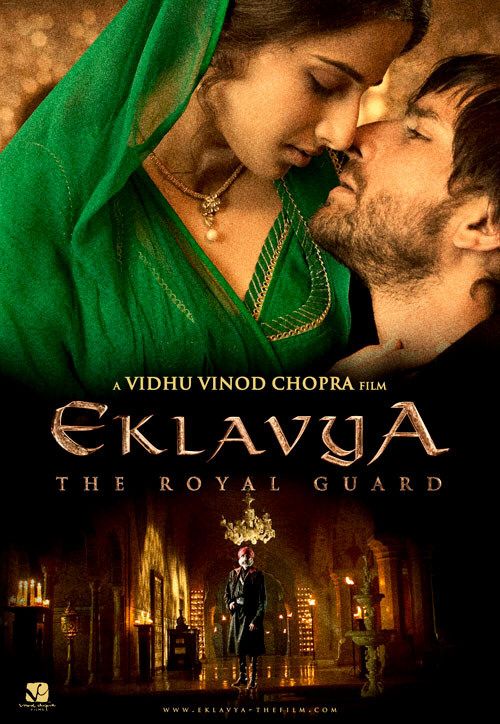“Duty Versus Right”

| None | Light | Moderate | Heavy | |
|---|---|---|---|---|
| Language | ||||
| Violence | ||||
| Sex | ||||
| Nudity |
What You Need To Know:
The acting and production are excellent. The language is clean, the violence is not graphic, and there are no sex scenes or references to drugs and alcohol. Some dishonesty in the police department is supposedly justified, however. Also, while the movie contains subtitles mentioning “God,” the concept is not monotheistic or biblical. We can rejoice that our duty is to obey a loving God rather than someone wicked like the king of Rajasthan.
Content:
(PaPa, FR, B, V, S, N, M) Movie focuses on a pagan kingdom and caste system changing to more modern worldview where all men are equal, but without reference to God, the Creator making them that way, plus strong focus on duty with major conflict between duty and righteousness; no foul language; murders are a major part of the story but are not graphic; no sex scenes but there is a subplot about adultery; upper male nudity; no alcohol or drugs; and, lots of dishonesty including some by police, clearly condoned; Indian practice of public cremation
More Detail:
In modern Indian society, the caste system is disintegrating and along with it the role of royalty. In EKLAVYA: THE ROYAL GUARD, the King of Rajasthan is no longer the powerful ruler he once was, but he is still guarded by the aging Eklavya. Eklavya is still driven by a powerful sense of dharma, even as the king shows himself to be less and less worthy of respect. As the queen lies on her deathbed, she calls again and again to speak to Eklavya. Rather than comply, the King strangles the queen. The king discovers that his son and daughter were actually fathered by Eklavya because he could not have children. He plots to have his loyal guard killed. This leads to an abundance of twists and turns in the plot, and dharma clashes with reality and justice.
The acting, photography and other production qualities in this movie are excellent. American audiences may not appreciate the scene of public cremation of the queen but the language is clean, the violence is not graphic, and there are no sex scenes or references to drugs or alcohol. There is some dishonesty in the police department, supposedly justified by the wickedness of some who were killed. While the movie contains subtitles mentioning “God,” the concept of God is not Judeo-Christian.
The truth is we are all born with a duty to serve God, but to be a true servant of God is to be set free from bondage to sin and empowered to light the world with love and righteousness. We can rejoice that our duty is to obey one who is perfect, forgiving, loving and righteous. It would be a horrible thing to feel an absolute duty to obey someone wicked like the king of Rajasthan.


 - Content:
- Content: 


